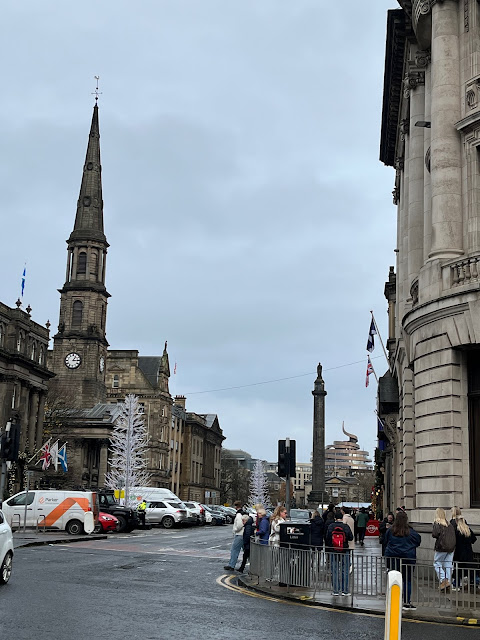Tom Nairn has been a guiding light.
He took Scotland’s constitutional questions and nationalism onto the global stage. Nairn gave us secure political foundations on which to build. He was instrumental in changing Scotland’s nationalism from a parochial to a more international and wide ranging civic nationalism.
After the failed 1978 Scottish assembly referendum – there was broad movements for democratic renewal. Nairn marched every step of the way. He was deeply humane. He was both a poet and philosopher: he was a revolutionary and son of European culture. He was Professor of politics Melbourne.
 |
| Clive Lewis |
The conference brought voices from around all the four nations together.
*Green MP Caroline Lucas
English people also feel without a voice. Some cling to delusions and divisions – Brexit has deepened the crisis: every English region voted to leave. Who are the English? has been hijacked by the right. England is also the land of Tom Paine, chartists, suffragettes and ancient multi-cultural heritage. Is there another England – its urgent and important we must rediscover a new England Free these histories.
*Plaid Cymru MP Leanne Woods
Brexit vote expressed the democratic crisis – with our unelected elite making our decisions. Labour are about continuity and only so such devolution: its never enough. She spoke of the devastation of the miners strikes and disaster, didn’t matter. Our binary outcomes – with PR, won’t go beyond red tie/ blue tie. Welsh devolution not more than the Welsh assembly and of the preservation and control from the centre.
*CLVE LEWIS labour MP for Norwich south.
Who defied his labour whip to attend. He also spoke of the stories we tell ourselves. We need a new story of Britain – not the Enoch Powell (1950) version of ‘plucky Britain’. He spoke of the international questions and crisis and of viewing the crisis in the international context of the global elites who hoard the wealth. He said collaboration stopped at Westminster. Unawareness in the rest of UK of conversation of Scotland. Yorkshire flag – says they don’t want to be part of the elites. Labour won’t let discussion happen. Clive spoke of Corbyn – he had some good ideas but wrong messenger. Labour should embrace conversations – but can it seriously be changed from within?
*Lesley Riddoch, journalist and activist – Time to Create a new state.
There’s another state waiting: different conception of what Britain might be. Exceptionalism is falling apart. Riddoch was proud – and said, we’ve wasted so much time. It was good to get all perspectives. She spoke of Denmark, which used to control an empire but lost all of them 1864 in a terrible war. Scandinavia learned to let go without fighting. The problem in archaic British state is the divine right of kings is held with the PM, who can do as he likes.
There were also several break out rooms that covered topics such as – Irish re-unification, the monarchy, what next, Scotland in Europe.
Scotland lacks agency and that’s not how a modern state functions. People should be active citizens. But can we reform the British state?
Nairn wrote that Scotland was the only county to jump ahead early 1700s, from a backward country to a trading and enlightened one. As a result of Walter Scott’s mythical novels – of a Scotland lost forever – Scottish literature lost its way in the 1800s. Scotland was not part of the rise of nationalism across Europe over the 1800s.
Irish times journalist Fintan O’Toole writes that “Ireland only became truly independent with inter-dependence in Europe.” This may be a hard concept for British unionists to understand, that is the shared, co-operative project trading partnership of the EU.
 |
| Henry Dundas statue and the Turd behind |
Vote for a fairer voting system and for democratic conversations across the UK. In Britain people are not trusted by politicians.
The summer of democracy of 2014.... when reality came close to the dream….!





